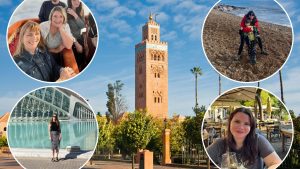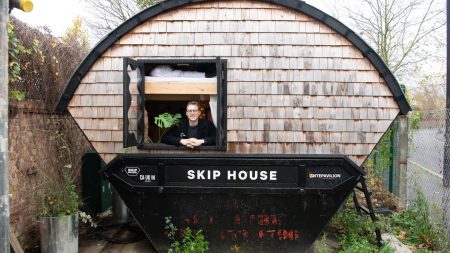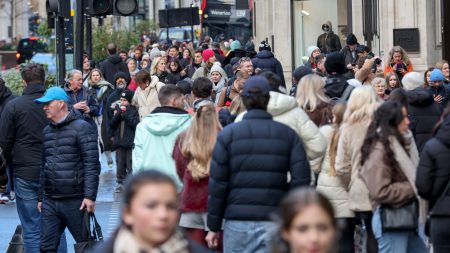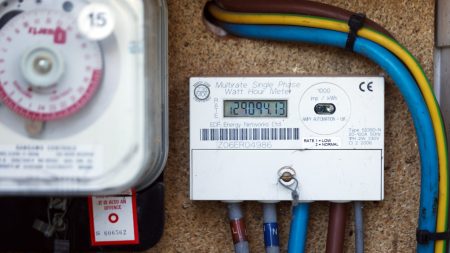Ray and Barbara Wragg, a Sheffield couple, defied the typical lottery winner narrative when they scooped a £7.6 million jackpot in the year 2000. Instead of indulging in extravagant personal expenses, they embarked on a nearly two-decade philanthropic journey, transforming themselves into local heroes. Ray, a roofer at the time, promptly retired after their win, though not without a touch of characteristic humility, emphasizing that he wouldn’t have abruptly abandoned his job despite the newfound fortune. While they did treat themselves to a new Range Rover and a cruise, the bulk of their winnings was destined for a higher purpose. The money, they decided, would be a catalyst for positive change in their community and beyond.
The Wraggs’ charitable endeavors touched numerous lives and organizations. Sheffield Hallamshire Hospital received a new bladder scanner, while Weston Park Hospital, where their daughter had been treated for Ewing’s sarcoma, also benefited from their generosity. Their philanthropy extended to supporting World War II veterans’ return to Monte Cassino, contributing to children’s hospices like Bluebell Wood, granting wishes through the Make-A-Wish Foundation, assisting organizations like Whirlow Hall Farm Trust, the Meningitis Trust, and Help the Aged, and providing televisions for children in local hospices. A spontaneous £5,000 donation to the Royal Hallamshire Hospital’s breast clinic, prompted by Barbara noticing a donations jar, further illustrates their impulsive generosity. These were not calculated acts of charity, but rather heartfelt responses to the needs they perceived around them.
Their unwavering commitment to giving back didn’t go unnoticed. In 2002, Camelot presented them with a special trophy, and they received invitations to prestigious events, including a visit to Buckingham Palace and the Pride of Britain awards. They even rubbed shoulders with celebrities like Richard Branson, Princess Diana’s former butler, and the cast of Coronation Street. Despite the whirlwind of recognition and social encounters, the Wraggs remained grounded, never forgetting their humble beginnings. Ray, even years later, admitted to still checking the price of socks, a testament to their unchanged values.
The Wraggs’ story underscores a unique perspective on wealth. While acknowledging that the win significantly changed their lives, they emphasized that it didn’t alter who they were at their core. They continued to work, maintained their saving habits, and remained connected to the everyday realities of ordinary families. Their generosity stemmed not from a desire for recognition but from a deep-seated belief in helping others. Barbara herself once remarked that the winnings were “too much for two people,” implying a responsibility to share their good fortune.
Their philanthropic journey was not without personal tragedy. Barbara passed away from sepsis in 2018 at the age of 77, leaving Ray to carry on their legacy of giving. Her absence undoubtedly left a void, but her spirit continues to inspire through the countless lives touched by their shared generosity. The Wraggs’ story serves as a poignant reminder that wealth can be a tool for transformative good, and that true happiness often lies in making a difference in the lives of others.
The Wraggs’ story is a stark contrast to the often-portrayed narrative of lottery winners indulging in lavish lifestyles. Their commitment to philanthropy, their grounded nature despite the significant windfall, and their consistent focus on helping others paint a picture of a couple who truly understood the value of giving back. They viewed their winnings not as a personal reward but as an opportunity to improve the lives of those around them. Their legacy extends far beyond monetary donations; it’s a testament to the power of generosity and the impact a single act of kindness can have. They remind us that true wealth is not measured in possessions but in the positive change we bring to the world.











